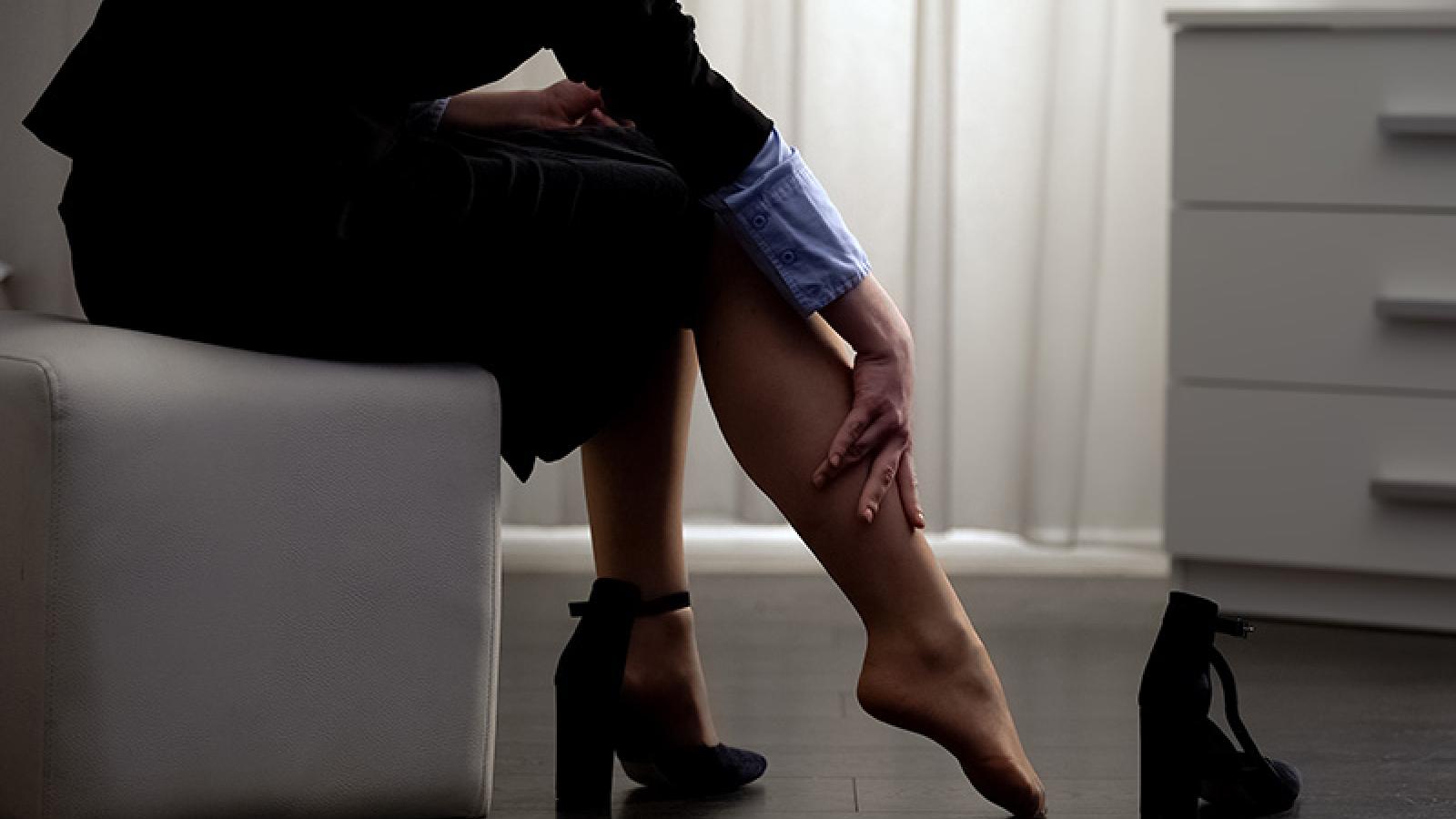When Should You Worry About Varicose Veins?

Varicose veins are a common condition that affects an estimated 20-25% of the adult population. Although they can be unsightly and uncomfortable, they’re usually harmless. But how do you know when you should start worrying about your varicose veins?
When should you talk to your doctor?
- Swelling in Your Legs or Ankles - If you have varicose veins, one of the most common signs that something is wrong is swelling in your legs or ankles. This happens because the valves in your leg veins don’t close properly, so fluid leaks out into the surrounding tissue. As the fluid builds up, it causes swelling and inflammation in your lower limbs. If you notice significant swelling in one or both of your legs, make sure to schedule an appointment with a vein specialist as soon as possible.
- Painful Sensations - Varicose veins can also cause pain, burning sensations, cramping, or throbbing in one or both of your legs. This is usually caused by a buildup of blood behind a damaged valve in one of your leg veins. If this happens to you, visit a vein specialist for diagnosis and treatment right away.
- Skin Changes - Another sign that something may be wrong is changes to the skin near your varicose veins. In some cases, the area around varicose veins can become dry and scaly due to poor circulation and inadequate oxygenation of the skin cells. In severe cases, open sores (called venous ulcers) may form on the surface of the skin near varicose veins if left untreated for too long. If you notice any changes to your skin near varicose veins, make sure to see a vein specialist right away for proper diagnosis and treatment.
Varicose veins are very common but that doesn’t mean they should be ignored or taken lightly. Swelling in the legs or ankles; painful sensations; and changes to the skin near varicose veins are all signs that something may be wrong and warrant medical attention from a certified vascular specialist.
Make sure to schedule an appointment with a vein specialist as soon as possible if you think there’s cause for concern.

